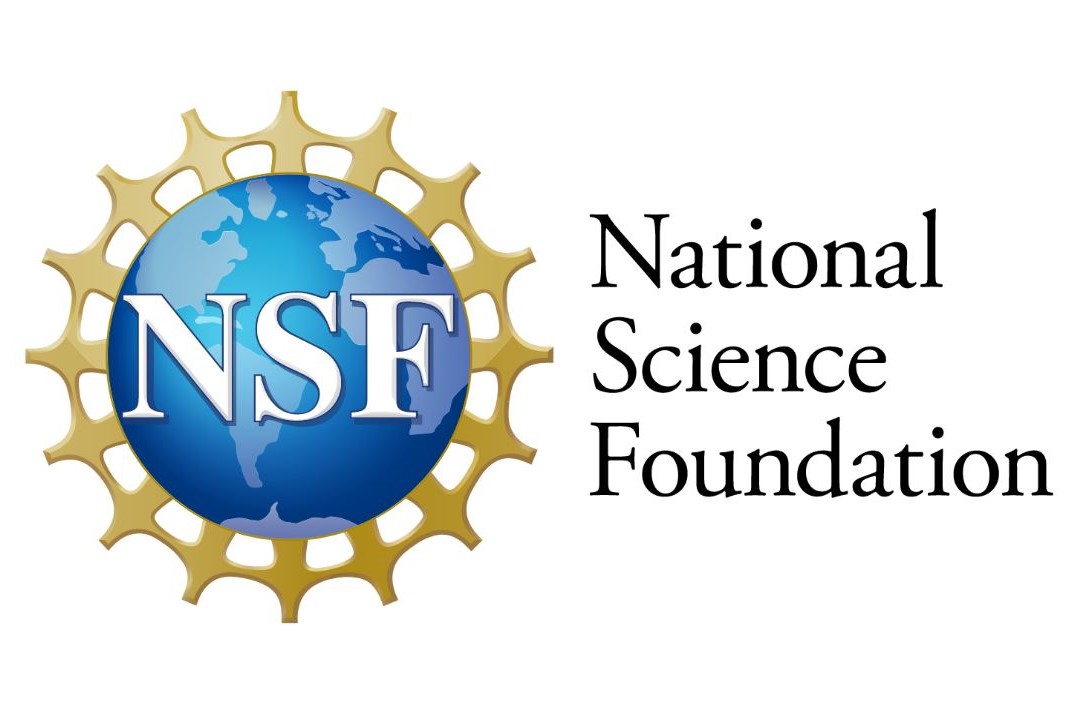Dr. Gumennik was awarded $646,338.00 by the Division of Civil, Mechanical, and Manufacturing Innovation (CMMI) of the National Research Foundation (NSF) for five years to investigate “Liquid-Phase Processing of Fiber-Based Electronic and Photonic Materials and Devices.” This award was supported by the Faculty Early Career Development (CAREER) grant, which is designed to support “early-career faculty who have the potential to serve as academic role models in research and education and to lead advances in the mission of their department or organization.”
This Faculty Early Career Development (CAREER) grant supports research advancing the precision manufacturing of fiber optics with embedded optical structures enabling new functionalities within the glass fiber. Fiber optics, the workhorse of digital communication, lags in incorporating emerging device structures into the global communication network. Growing energy demands in computing across diverse data processing platforms will require more efficient long-haul communication links capable of translating data effectively across those computing platforms. Imparting efficient data transduction and transformation capabilities into fiber optics requires integrating photonic and optoelectronic devices and systems into the fiber itself. Standard fiber manufacturing approaches, such as thermal draw, rely on pulling the fiber from a melt. Modification of the fiber by melt-shaping of glass is prone to complex, hard to control fluid dynamics making the process difficult to control. This research determines the limitations of molten-phase multimaterial fiber processing in achieving the desired solid-state outcomes, aiming to embed active optical circuitry in fiber-optics with submicron precision and tight material control. The research supports enhanced fiber-optics manufacturing processes aimed at developing efficient interconnects for emerging computation platforms and educating the workforce, assisting in preserving the US technological and economic dominance in the global information space.
This award supports research into development of a manufacturing methodology for fiber-embedded architectures by defining a fiber cross-section through a thermal draw of a 3D printed preform, followed by the axial patterning of fiber cores with a spatially coherent material selective capillary breakup and resolidification. The geometry and temperature of fiber-encapsulated melts at every stage of the fabrication process dictates the balance of forces and thus fully define the fluid dynamics within the melt. Experimental studies investigate the liquid reshaping kinematics in locally molten fiber under engineered and controlled spatiotemporal heating conditions. Understanding and control over the underlying physical mechanisms guide the liquid-phase reshaping of in-fiber materials towards self-assembly into ordered solid-state architectures. The award will generate knowledge in the material science of 3D printed glass and its thermal reflow, fluid mechanics of molten multimaterial threads, and solid-liquid phase transition science in confined melts. The research provides a basis for scalable in-fiber manufacturing of photonic and optoelectronic circuitry, aimed a general interconnect for the large-scale networks needed for computational platforms.
Read more in the article published by the Luddy School.


